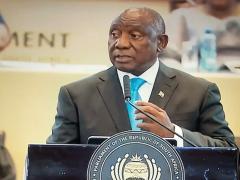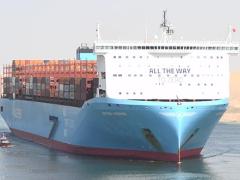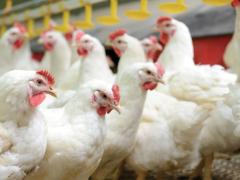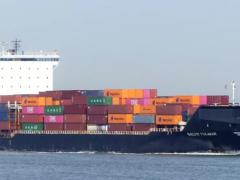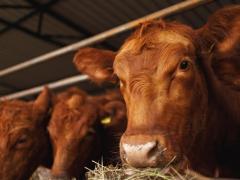Sales in the fast-moving consumer goods (FMCG) sector fell by 4.8% because of economic pressure weighing on South Africa, supply chain services provider CHEP has said.
For the lower-income sector the pinch is even worse, showing a sharp drop of 11.8% in consumer spending.
Despite this, essentials such as hygiene products and affordable comfort items have maintained demand.
Private labels are also buoyant amid depressed market conditions.
In this segment of FMCG spending, CHEP reported R98 billion in sales, accounting for 18% of total value in the fast-moving supply sector.
NielsenIQ data shows that 75% of South Africans now trust private-label products, signalling a cultural shift towards affordable quality.
As consumer habits evolved, logistics innovation was reshaping how goods moved across sub-Saharan Africa, the Australian-owned company stated.
Responding to FMCG pressures in the local market, CHEP claims its Total Equipment Management Services (TEMS) has improved, with better turnaround times and reduced excess pallet holdings at customer sites.
“In a region where supply chain volatility is constant, our ability to maintain optimal equipment levels year-round gives customers the flexibility to respond to seasonal peaks and unexpected demand surges,” said Trevor Drury, senior director of Sales at CHEP South Africa.
He added that CHEP’s in-house pine plantations and pallet production reduced reliance on external suppliers and protected customers from shortages.
The company said it also supported South Africa’s growing township retail sector, which now generates over R180 billion annually, a market development supported by information cited by the likes of ‘kasinomics’ entrepreneur and author, GG Alcock.
Townships, once dominated by informal spaza shops, were becoming centres of modern retail innovation, said CHEP.
Retailers are tailoring product sizes, using local marketing, and forming partnerships with informal traders to improve accessibility. Mobile payments and Point of Sale (POS) systems are introducing greater traceability and data-driven decisions.
Although groceries and FMCG account for only 2% of South Africa’s e-commerce sales, far below the 17% global average, digital retail channels such as online grocery platforms and WhatsApp commerce are expected to play a larger role in coming years, STAT Media Group reports.
Sustainability has become a decisive factor for consumers and corporations alike.
Nearly 60% of South Africans are willing to switch to brands that demonstrate stronger environmental performance.
As South Africa’s FMCG industry moved towards 2026, its success would depend on balancing efficiency with sustainability and innovation with trust, CHEP said.
The company believes its ongoing work across sub-Saharan Africa shows how collaboration and shared value can power long-term growth for the region.


